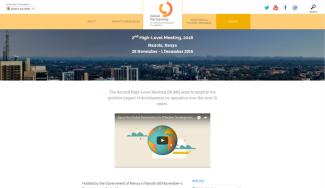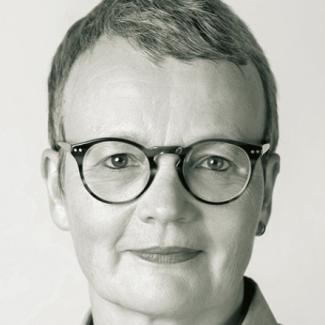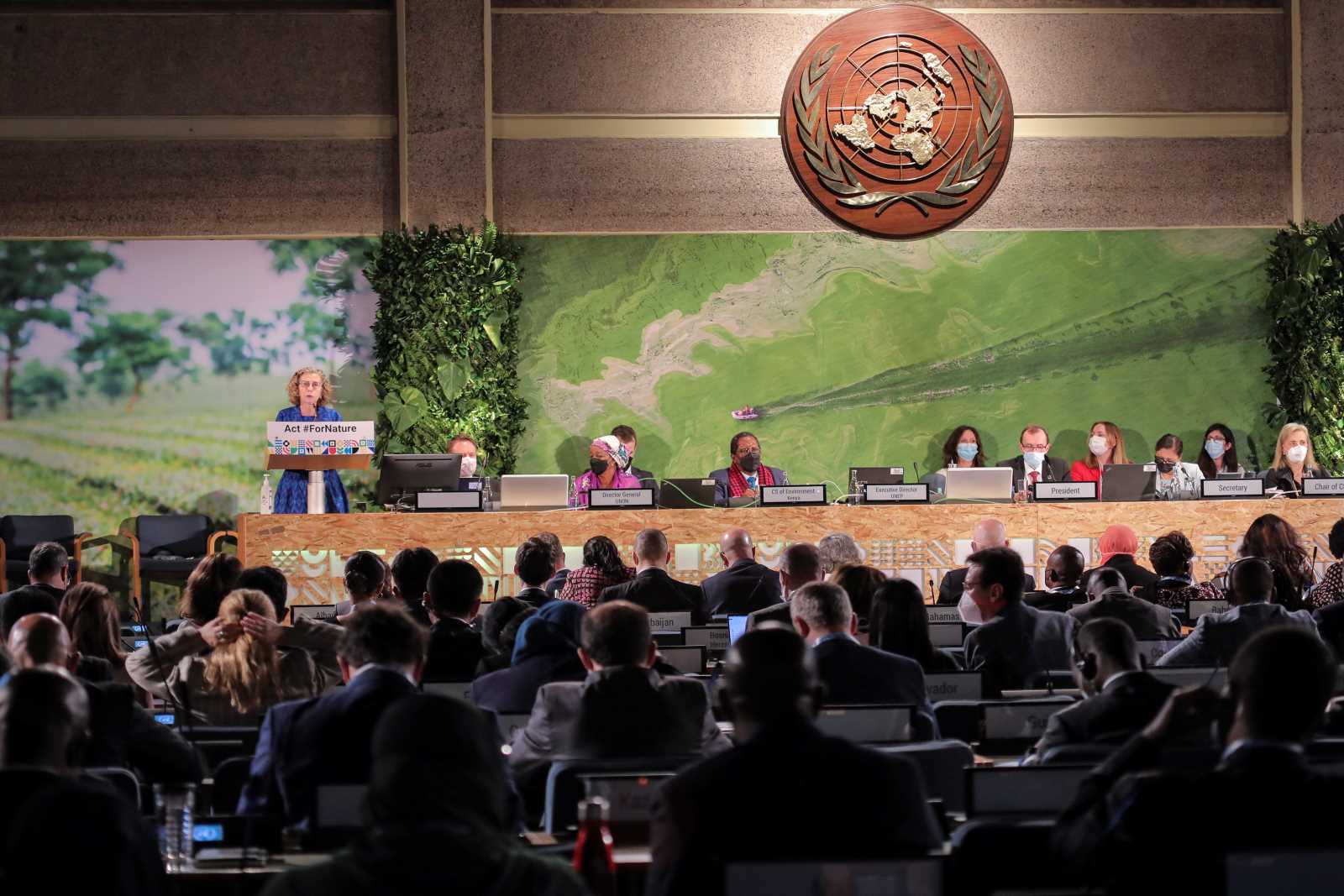Paris Declaration
Keeping up the momentum

Growing global interdependence is nothing new. Global governance, however, has not kept pace. Policies are still mostly drafted and implemented at the nation state level, even though most challenges are international and cannot be dealt with by national governments acting on their own. Global warming, contagious diseases and financial stability are only three of many examples.
Globalisation is making the notion of state sovereignty problematic. Forms of international cooperation are changing and forming a complex system of global governance. This system, however, is hampered by many things, including the uneven performance of governments in regard to international commitments and the insufficient harmonisation of development efforts.
According to the UN Committee for Development Policy, “important areas of common interest are currently not covered, or sparsely covered, by global governance mechanisms, while other areas are considered to be overdetermined or overregulated.” Indeed, multilateral initiatives of the past two decades did not improve global governance as desired.
Important steps included the UN summits on Financing for Development in Monterrey (2002), Doha (2010) and Addis Ababa (2015), the annual UN climate summits or the High-Level Forums on Aid Effectiveness in Rome (2003), Paris (2005), Accra (2008) and Busan (2011).
Some principles bear repetition. They include the five pillars of aid and development-effectiveness as were spelled out in the Paris Declaration at the High-Level Forum in 2005:
- Ownership: developing countries are the owners of their development.
- Alignment: development assistance must be aligned to their policies, institutions and proceedures.
- Harmonisation: donor governments’ development partners must harmonise their action.
- Managing for results: management must be geared to results.
- Mutual accountability: the parties involved must be mutually accountable.
Though these principles have left their mark on development cooperation, implementation has been uneven. The conference in Nairobi in November/December this year will provide an opportunity to discuss the matter and update the cooperation principles: the Kenyan government will host the second High-Level Meeting (HLM2) of the Global Partnership for Effective Development Partnership (GPEDC).
The GPEDC was launched in Busan in 2011 to keep up the momentum of the aid/development-effectiveness agenda.
On behalf of the OECD, researchers have assessed its strong and weak points. The involvement of cabinet-level leaders has helped drive the aid/development-effectiveness agenda, and so did the well-defined principles and ongoing monitoring. Downsides, however, included the great complexity of the agenda and the lack of instruments to enforce non-binding commitments. The GPEDC could benefit from applying the guidelines for good partnerships that the OECD has spelled out in its Development Cooperation Report 2015, which is based on the empirical evidence of the GPEDC and 10 other global partnerships (see main article).
Link
The Global Partnership’s monitoring framework
http://effectivecooperation.org/monitoring-country-progress/explore-monitoring-data/














